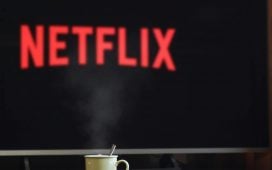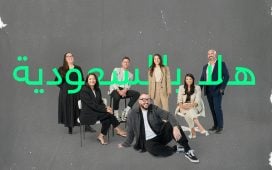Ashraf Shakah, MENA President – Public Relations at Memac Ogilvy
How do you see the role of the PR industry in the era of Generative AI?
I believe that the PR industry is at the cusp of transformational changes.
If AI and Generative Pre-trained Transformer (GPT) tools challenged us to train ourselves (through prompts) to unlock – ironically – what humans fed into machines, the era of Web3 is going to be fundamentally disruptive.
That is because one of the key characteristics of Web3 is its focus on decentralising data, which has been the monopoly of big tech companies.
While the Web2 era was controlled
To continue reading this article you need to be registered with Campaign. Registration is free and only takes a minute. Register Now or sign in below if you already have an account.









